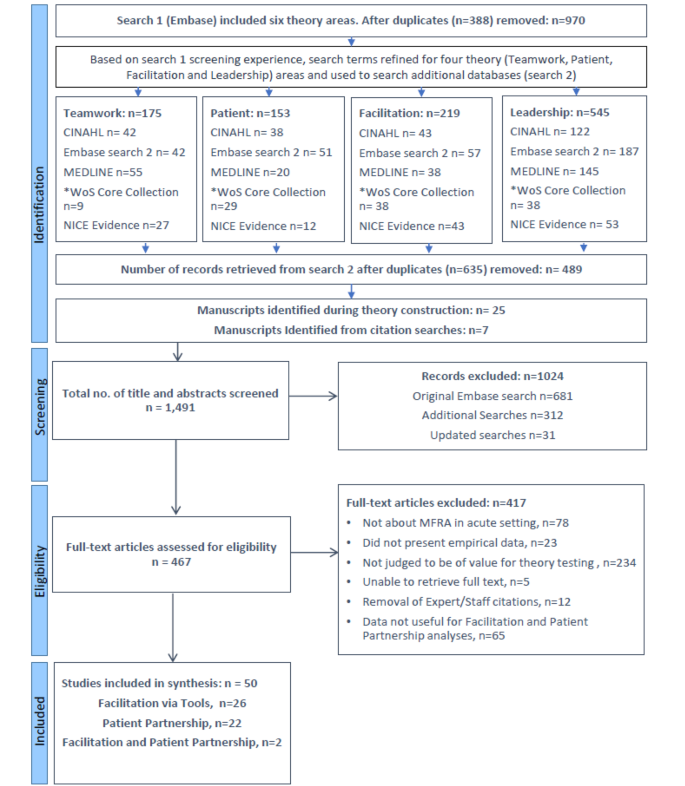Dementia Fall Risk Things To Know Before You Get This
Dementia Fall Risk Things To Know Before You Get This
Blog Article
Some Of Dementia Fall Risk
Table of ContentsSome Ideas on Dementia Fall Risk You Need To KnowThe Best Guide To Dementia Fall RiskSee This Report on Dementia Fall RiskThe Ultimate Guide To Dementia Fall RiskExcitement About Dementia Fall Risk
You may be worried due to the fact that you've had an autumn before or because you've observed you're starting to really feel unsteady on your feet. You may have observed modifications to your wellness, or simply seem like you're decreasing a little. Whatever the reason, it isn't unusual to become cautious and lose self-confidence, and this can stop you doing the points you utilized to do and make you really feel extra isolated.If you've had a fall or you have actually begun to feel unsteady, inform your medical professional even if you really feel fine otherwise. Your medical professional can examine your balance and the means you stroll to see if enhancements can be made. They may be able to refer you for a drops danger assessment or to the drops avoidance service.
This details can be acquired via meetings with the individual, their caretakers, and a review of their clinical records. Begin by asking the specific about their background of drops, consisting of the regularity and circumstances of any recent drops. Dementia Fall Risk. Ask about any wheelchair troubles they may experience, such as unstable or trouble walking
Conduct a comprehensive review of the individual's medications, paying specific interest to those known to raise the threat of drops, such as sedatives or medications that reduced high blood pressure. Identify if they are taking several medications or if there have been recent adjustments in their medication program. Examine the individual's home environment for prospective risks that could enhance the risk of drops, such as poor illumination, loosened rugs, or lack of grab bars in the shower room.
Dementia Fall Risk Things To Know Before You Get This
Guide the person with the autumn danger evaluation kind, explaining each inquiry and taping their actions properly. Compute the complete danger score based on the responses provided in the assessment type.
This strategy might include exercise programs to enhance stamina and balance, medication adjustments, home adjustments, and recommendations to various other experts as needed. Frequently check the individual's progression and reassess their risk of falls as needed. Modify the care strategy based upon modifications in their wellness standing or home atmosphere. Offer recurring education and support to promote safety and lower the threat of drops in their daily living tasks.
Many research studies have actually revealed that physical treatment can help to reduce the risk of dropping in adults ages 65 and older. In a brand-new study (that considered drops threat in females ages 80 and older), YOURURL.com researchers determined the financial effect of picking physical therapy to stop falls, and they located that doing so conserves $2,144, including all the surprise prices of your time, discomfort, missed life occasions, and the dollars paid for services.
6 Easy Facts About Dementia Fall Risk Described
Examining your balance, stamina, and walking capability. A home security evaluation. Based on the examination results, your physical specialist will certainly make a strategy that is customized to your particular demands.
Older grownups that have problem strolling and speaking at the same time are at a greater danger of falling. Dementia Fall Risk. To aid enhance your security during daily tasks, your physical specialist may design a training program that will test you to maintain standing and strolling while you do another job. Instances consist of walking or standing while counting backward, having a conversation, or bring a bag of groceries
Your helpful site physical specialist likewise can identify which tasks you should prevent to remain risk-free. Community-based drops prevention programs assist individuals to: Lower their concern of dropping. Set goals for increasing their exercise. Make their homes safer. Work out much more to boost their strength and equilibrium. These programs often are led by volunteer trainers.
Some Known Questions About Dementia Fall Risk.

Measles, or rubeola, is a highly contagious, intense viral infectious illness triggered by the measles virus. Some individuals think about measles as simply a breakout and fever that gets rid of up in a couple of days; however, measles can trigger serious wellness problems, particularly in kids younger than 5-years-old. The most effective security versus measles is the measles, mumps, and rubella (MMR) vaccine.
Autumns are a typical cause of go to these guys injury among older adults.
Indicators on Dementia Fall Risk You Should Know

She has no background of drops, her stride is stable, and she nullifies with no issues. The previous registered nurse states that she calls for assistance to the restroom when she requires to go.
Instances of typical autumn interventions/measures consist of: Guaranteeing a patient's important items are within reach. Beyond understanding just how to use the Johns Hopkins Loss Threat Assessment Tool, it's crucial that facilities include its use right into an extra comprehensive fall avoidance plan.
Report this page